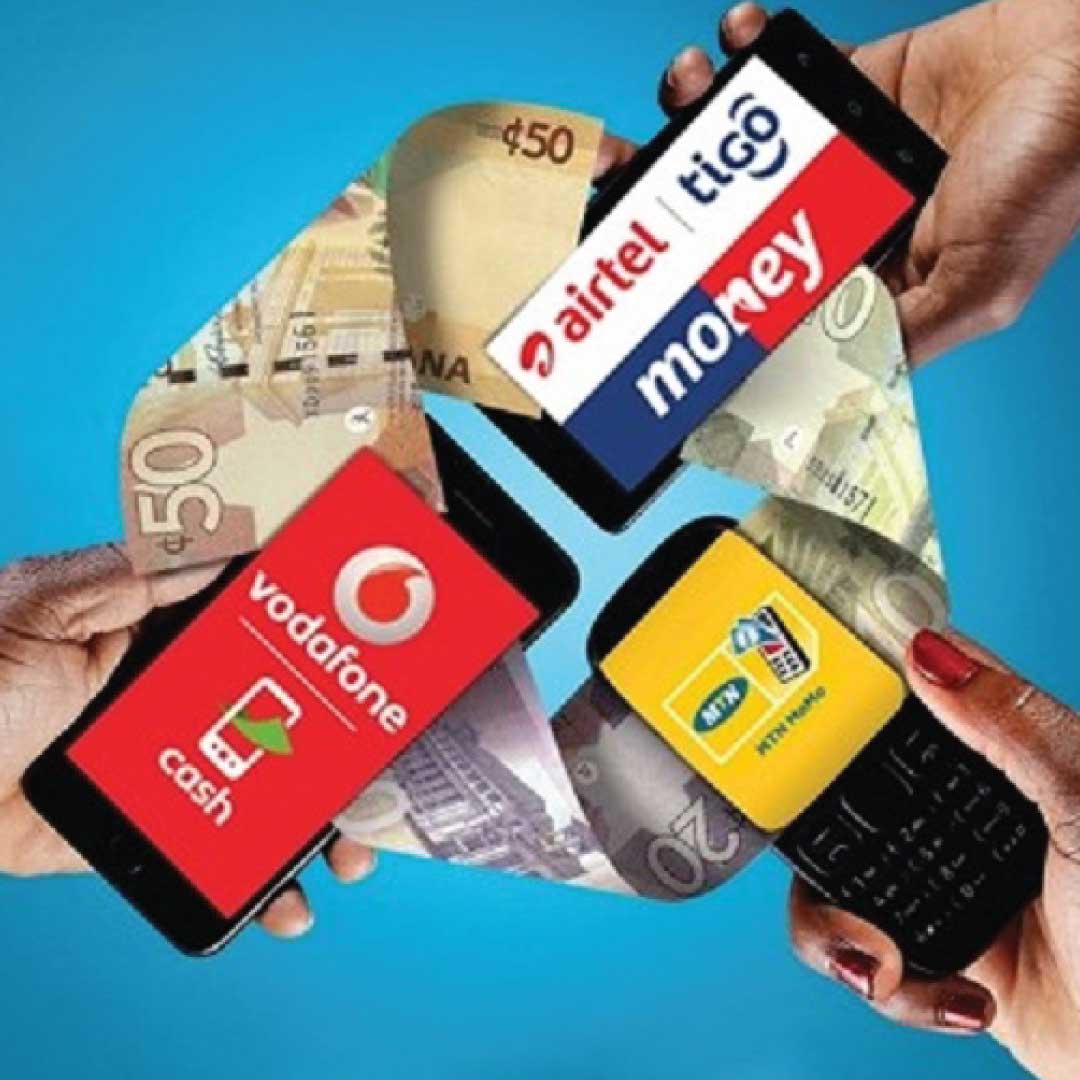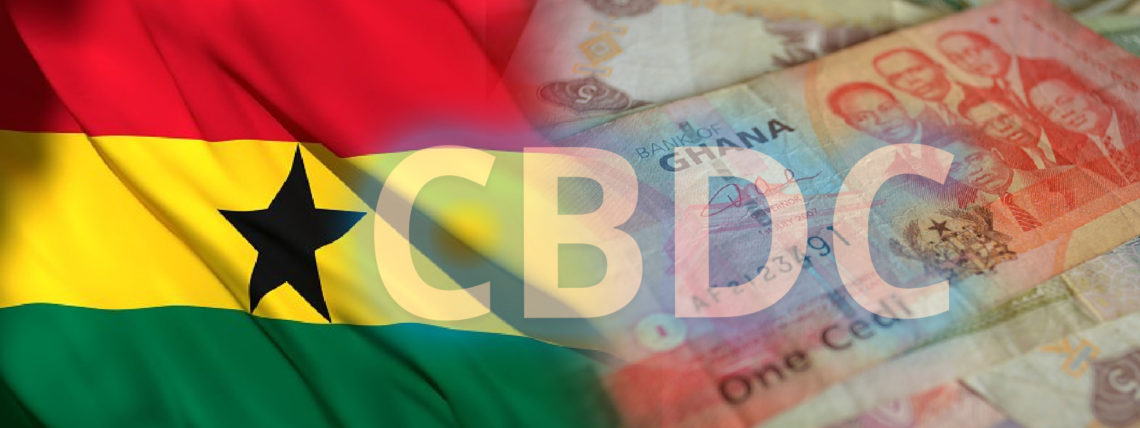Even before the Electronic Transaction Levy (E-levy) goes into effect next month, available data shows that the mobile money platform lost approximately GH10 billion in value between November 2021 and January 2022—a development that raises serious concerns about the new tax’s ability to generate the expected revenue.
The Current Realities for Mobile Money In Ghana
According to the Bank of Ghana’s Summary of Economic and Financial Data (March 2022), the mobile money platform, which is the largest payment system network in the country and is seen as the main driver of financial inclusion, saw its transaction value drop to GH76.2billion in January 2021 from GH86.1billion in November 2021 (the same month the E-levy was announced), indicating a GH9.9billion drop. Since its inception, the platform has never seen such a massive drop in value in the span of two months within a year.
Aside from the decrease in platform value, the total number of transactions decreased by 24 million in January 2022 compared to November 2021. The number of active agents fell by 7,000 during the same time period, while active mobile money accounts fell by 600,000 during the same time period.
Read also : Solartaxi launches an electric car ride-hailing app in Ghana.
All of these losses since November 2021, when Finance Minister Ken Ofori-Atta announced the E-levy, point to one conclusion: users of the mobile money platform are unwilling to pay the planned tax and may have reverted to cash choices. That is where the government plans to get some of the money from the E-levy.
Mobile Money : Money on the go
Dr. Vera Fiador is a senior lecturer at UGBS. In an interview with the B&FT, senior lecturer at the University of Ghana Business School, Dr. Vera Fiador, agreed that the expected GH7 billion revenue targetted from the E-levy will not be met – given users’ reluctance to use the mobile money platform even before the tax is implemented on May 1, 2022.
“The chances are that the revenue target from mobile money will not be met.” According to current trends, by the time they are ready to apply the tariff, most people who can live without mobile money will have left. The net effect on small enterprises will be enormous, and we will see a large number of them making cash transactions immediately. She explained, “People will stroll into the banking hall, cash their money, or use an ATM and pay at the counter,” she explained.
She emphasized her fear that the poor will face the brunt of the new levy given that the mobile money platform is their only alternative for financial transactions.
Read Also : Google Sets To Switch from Sim Card to eSim with Andriod 13
“When you look at the demographics, who are the people that have no choice but to utilize mobile money?” It is those at the bottom of the pyramid. As a result, we are, in some ways, punishing the poor. All of the others have options, such as cheques, but the poor have no choice but to utilize mobile money. I’m concerned because we’re about to dismantle all we’ve achieved over the years, making the poor even more impoverished. “The cascade effect and the issue of inequity are a little concerning,” she remarked.
According to the Finance Minister, the E-levy has been reduced to 1.5 percent and will go into effect on May 1, 2022.



